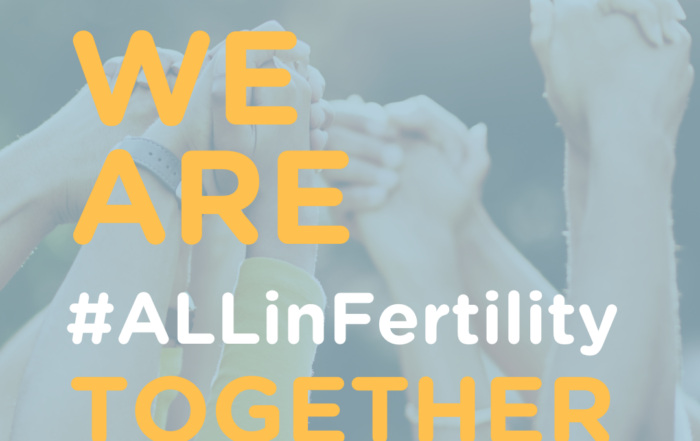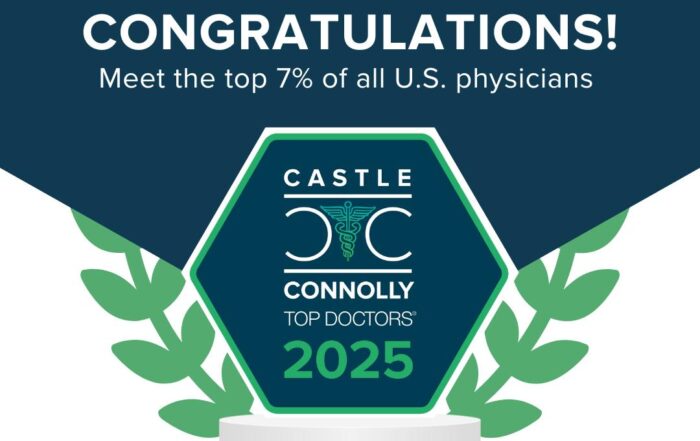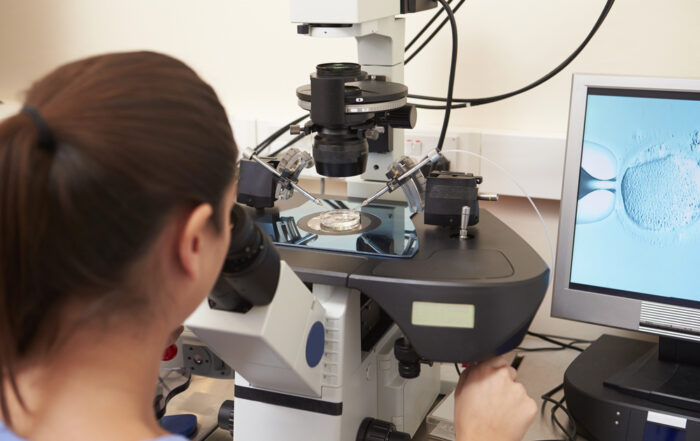
Fertility Preservation Options Give Hope to Cancer Patients
Receiving a cancer diagnosis at any age can be frightening and devastating, and for those individuals who have yet to start a family, the enormity of the diagnosis accompanies the shock and grief that their treatment options will most likely render them infertile, and they may not be able to conceive their own biological children in the future. While cancer societies have encouraged oncologists over the years to include fertility counseling to their patients before treatment begins, there are those who do not due to their own fear or concern that any delay in patient treatment may be detrimental to patient treatment outcome, or they may discourage it from the onset with the suggestion that there are alternatives like fostering and adoption that could be a future option in lieu of having biological children. Unfortunately, “well-meaning advice” such as this can cause additional emotional trauma to the patient which in itself may also negatively impact treatment outcome.
The most common fertility preservation techniques include Sperm freezing , Egg Freezing, and Embryo freezing. Alternative methods which may be helpful for pre-pubescent boys and girls include testicular tissue freezing and ovarian tissue freezing. Thanks to modern medical advances and technologies allowing these options to be available before cancer treatments render the patient infertile, many patients who have opted for these preservation options have been able to start their family once clear of their cancer diagnosis who are ready to start. While there are variables we cannot control such as patient age, ovarian reserve, and a limited timeline to complete fertility preservation treatment which can limit future success, a cancer diagnosis for many no longer threatens the dream of having a family in their future. There is also the option of exploring the use of donor egg or donor sperm when fertility preservation is not possible or not successful.
Four Options for Fertility Preservation:
Sperm Freezing
Sperm freezing and storage is a straightforward and convenient process that is easily fit into a tight timeline for male cancer patients. Patients have the option to collect their semen on-site in the office, or they can take advantage of our mail-in sperm-freezing collection kit. The frozen sperm can be readily used in the future utilizing assisted reproductive technologies to help with family building.
Egg Freezing
Egg freezing is an option for female fertility preservation for patients who are not ready to make embryos. It is a 2-week process where the patient takes daily injectable medications to stimulate her ovaries to mature more than one egg, and attends frequent bloodwork and pelvic ultrasound appointments to monitor the progression of egg maturation. When the eggs are ready, the patient undergoes IV sedation for an egg retrieval procedure where a vaginal ultrasound is used to guide her physician in locating and extracting the eggs. Mature eggs are then frozen using an advanced technique called vitrification, which yields the best possibility of viable eggs once thawed and ready to use. Patients typically have time to complete 1-2 egg retrievals before needing to begin chemotherapy or radiation. The option of Egg freezing allows the patient to use her healthy eggs in the future with her partner or donor sperm.
Embryo Freezing
Embryo freezing is an option for female cancer patients interested in using partner or donor sperm. The advantage of embryo freezing is that it offers significantly more confidence for future family building than egg freezing as the egg has already undergone the fertilization and embryo development process prior to being cryopreserved. Thaw survival is higher for embryos due to their complex structure, being comprised of many cells/compartments vs. an egg which is a single cell and much more fragile in nature. Embryos can undergo preimplantation genetic testing (PGT) to help select embryos with the greatest chance of a future successful, healthy pregnancy. Also, for some patients PGT can be used to identify which embryos do not inherit a specific cancer gene. This can prevent transmission of a specific family cancer risk to the next generation.
Testicular or Ovarian Tissue Freezing
Testicular or Ovarian Tissue Freezing is another option for fertility preservation, however they are not currently available at GIVF Fertility and only offered at a few centers throughout the country.
Financing Options:
To best support our oncology patients seeking fertility preservation treatment, GIVF Fertility has partnered with the LIVESTRONG Foundation and their LIVESTRONG Fertility Discount Program for Men and Women. Patients participating in this program will receive free medication and special cycle pricing agreed upon between the LIVESTRONG foundation and GIVF Fertility. To participate in this program, patients fill out an online application at LIVESTRONG Fertility and once approved will be able to take advantage of this special pricing. For patients who are not interested or who do not qualify for that program, we also offer several financing options with low-cost, fertility-focused third-party lenders, such as Future Families, that help patients more easily manage the financial portion of their treatment, giving them peace of mind.





